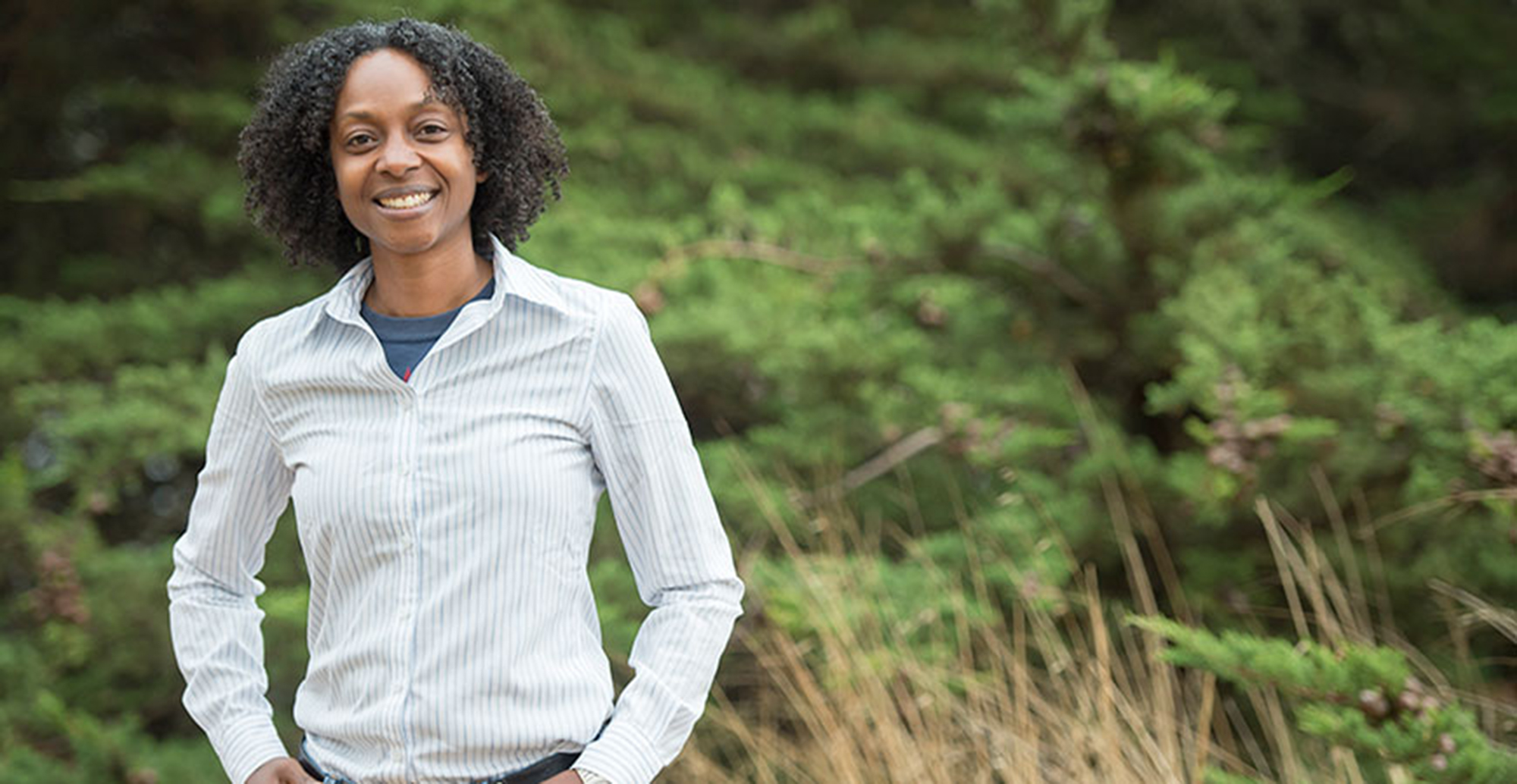Tracey Osborne: “Playbook for Climate Justice: Our Best Hope for Solving the Climate Crisis”

UMBC's Social Sciences Forum presents Tracey Osborne, associate professor and endowed Presidential Chair in the Management of Complex Systems Department and the Management of Innovation, Sustainability and Technology (MIST) Program at UC Merced, who will speak on “Playbook for Climate Justice: Our Best Hope for Solving the Climate Crisis.”
Climate change is deeply connected to systemic forms of injustice, disproportionately affecting the world’s low-income and marginalized communities, particularly people of color. This is true whether speaking of climate change drivers such as fossil fuel development and deforestation, climate change impacts such as sea level rise and extreme heat, or climate change mitigation strategies such as carbon offsets. Climate change is fundamentally a social justice issue, and climate justice has emerged as a discourse and social movement that treats it as such. In contrast to the minor tweaks proposed by conventional approaches, climate justice addresses the systemic drivers of climate change while demanding social and political economic transformation. In this talk, I discuss the urgency of the climate crisis, the inadequacy of current strategies, and why I believe a climate justice approach is our best hope for solving the climate crisis. I will then lay out a set of concrete strategies that make up the playbook for climate justice. The playbook for climate justice advocates for a new paradigm for climate action that addresses the underlying drivers of climate change and aims to restore a healthy, more sustainable relationship between humans and nature for an ecologically resilient and socially just world.
Osborne’s research focuses on the social and political economic dimensions of climate change mitigation in tropical forests and the role of Indigenous Peoples, the politics of climate finance (with particular emphasis on carbon markets), global environmental governance, and climate equity and justice. She has worked on these issues globally with extensive field experience in Mexico and the Amazon (Peru, Ecuador and Guyana). She also leads the Climate Alliance Mapping Project, a collaborative effort between academics, environmental non-governmental organizations, and Indigenous organizations working for a socially-just response to climate change through research, maps and digital stories.